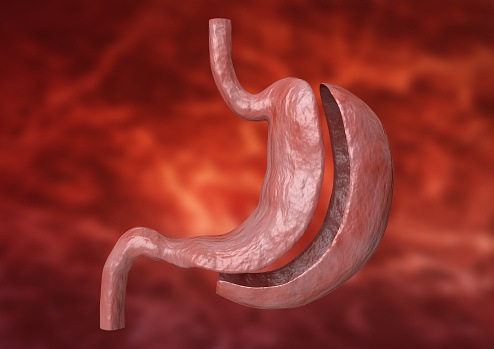
A study sought to discern whether reductions in proteinuria following treatment for focal segmental glomerulosclerosis (FSGS) are linked to better survival among patients with kidney disease. The findings appeared in the American Journal of Kidney Diseases.
“Remission of proteinuria has been shown to be associated with lower rates of kidney disease progression among people with FSGS,” the researchers wrote.
In this cohort analysis, researchers assessed 138 patients with steroid resistant FSGS who were enrolled in a randomized treatment trial that compared to the efficacy of cyclosporine with mycophenolate mofetil plus dexamethasone.
The outcomes assessed were the estimated glomerular filtration rate (eGFR) and time to a composite outcome of kidney failure or death. These were measured between 26 weeks and 54 months following randomization.
The researchers used multivariable linear mixed-effects models with participant-specific slope and intercept to discern the correlation of change in proteinuria over 26 weeks while receiving treatment with the subsequent slope of change in eGFR. They used multivariable time-varying Cox proportional hazards models to assess the association of changes in proteinuria with time to the primary endpoint.
According to the results, changes in proteinuria over 26 weeks were notably linked to eGFR slope. The researchers observed that a 1-unit reduction in log-transformed urinary protein-creatinine ratio was associated with a 3.90 mL/min/1.73 m2 per year increase in eGFR (95% CI, 2.01 to 5.79). They noted that this difference remained significant after adjusting for complete remission. Moreover, the study found a correlation between time-varying proteinuria and time to the primary outcome.
“These findings provide evidence for the benefit of urinary protein reduction in FSGS,” the researchers concluded. They added that, reductions in proteinuria “warrant further evaluation as a potential surrogate for preservation of kidney function that may inform the design of future clinical trials.”







 © 2025 Mashup Media, LLC, a Formedics Property. All Rights Reserved.
© 2025 Mashup Media, LLC, a Formedics Property. All Rights Reserved.